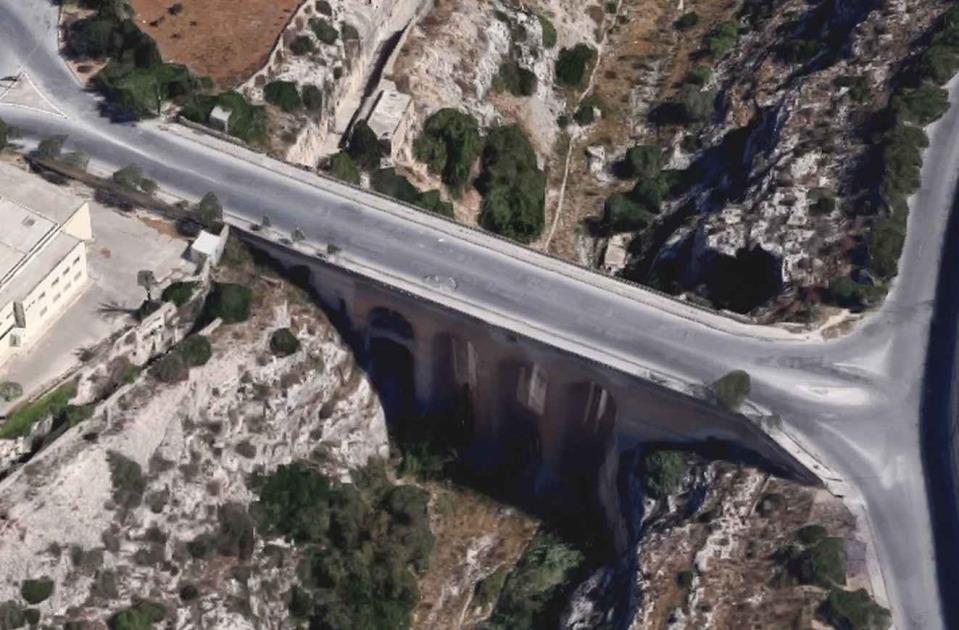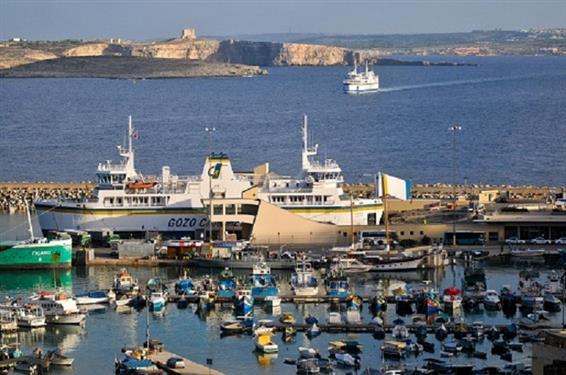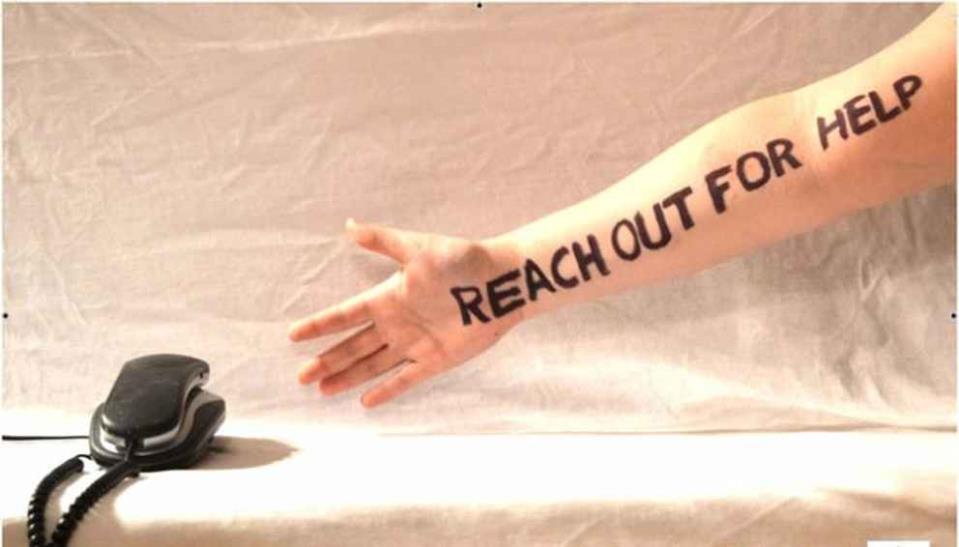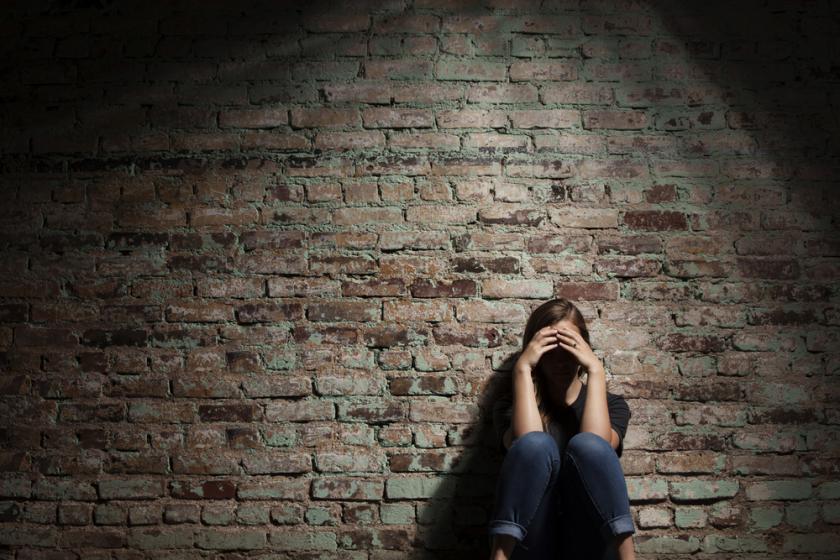The introduction of suicide prevention measures is so low on the agenda that local councils in charge of areas which have unfortunately become synonymous with suicide attempts aren’t even prepared to speak about the issue, let alone do anything about it.
This newsroom contacted five mayors in the hope to learn more about any plans for any sort of prevention techniques or even discussions about prevention. But out of five, only two gave any affirmative comment. The others chose to deny that the subject is even an issue despite how unfortunately prominent their locality is to these kinds of tragedies.
Mosta Mayor Edwin Vassallo reaffirmed what was said in the media in March that the infamous Mosta bridge will be getting some sort of fencing system to help prevent opportunities for suicidal ideation to come to fruition in their locality. Although it hasn’t been done yet, the council is unanimously in agreement that it must happen as soon as everything falls into place.

Asked about any further techniques, such as a 24/7 phone booth on the bridge, the mayor assured this newsroom that nothing is off limits in discussion and the council is ready to discuss and try anything as far as finances permit. “We are trying to tackle this issue proactively on all fronts,” Mr Vassallo said.
Another locality in Gozo which has seen a number of these incidents said that, although they are aware of a recent incident, it was never discussed on a council level. “We always speak about health and safety in our roads and public gardens to try to prevent incidents, but not about certain subjects such as cliffs.”

It was also pointed out that due to the large area which this council covers and lacking resources, there haven’t actually been any direct reports of complaints by any resident or otherwise which warranted discussions about specific measures. “In our locality we have a huge area and for the council it is a bit difficult financially for all safety precautions.”
Meanwhile, another locality in Gozo which sources said was a veritable suicide hotspot replied, “Please be informed that we never ever received any complaint regarding suicide risk in our locality and for this reason we never felt the need to discuss this subject in our council meetings.”

Another Maltese location which is avidly prominent to the point where practically everyone has seen or heard of someone who was connected directly or indirectly to an incident replied even more curtly with, “although we’ve heard (through hearsay) of occasional suicide attempts in our locality, no one ever alerted us in a formal way about particular hot spots,” even though this particular locality has a garden that had once been given a nickname by youths denoting a platform to jump off.
Perhaps the most surprising to this newsroom was that the mayor of the locality which has throughout the years become infamous and entirely renowned for the potential danger it has, even making headlines in the past for accidental deaths due to the danger it poses, didn’t even bother to grace this newsroom with a response.
Upon initial contact, this newsroom was told that he, the mayor, wasn’t in charge of these issues and was offered cold reluctance to even remotely discuss the issue. This newsroom was instructed to send our queries to the generic local council email, which we did on Monday.
Yesterday, this newsroom called to confirm that someone had seen the email. The response we got was, “My priority is my people and my locality. We received your email but haven’t got round to answering it because it just isn’t our priority.”

Last Sunday, The Malta Independent on Sunday published an article regarding education being the key to dealing with suicidal ideation and stigma in collaboration with the Richmond Foundation. It was written that the statistics showing around 25 suicides a year is not causing the amount of concern it should and after receiving such feedback, this was more than substantiated.
Stephania Dimech Sant gave this newsroom information regarding the Foundation’s Mental Health First Aid course which helps deal with crises of various kinds, including suicide. Further information about the course may be obtained by calling the Richmond Foundation on 21482336.
Agenzija Appogg’s 179 support line, the Crisis Resolution Malta campaign on 9933 9966, the online chat service for youth called Kellimni, and the Richmond Foundation’s own Casual Contact System – reachable on 2144 0324 – are all examples of experts ready to help in the case of any sort of crises.